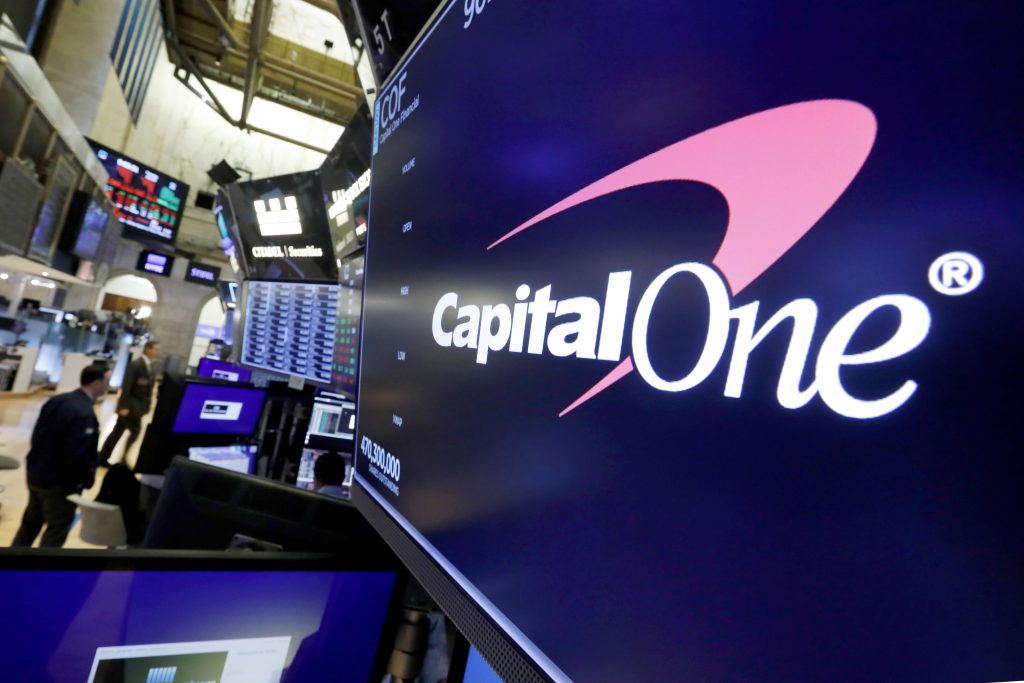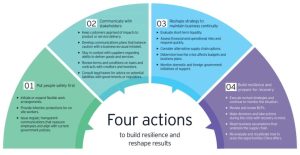You May Be Eligible To Receive The Exchange Corruption Rebate In The Settlement Of Credit Card Class Action Litigation

The exchange fee paid by Canadian business owners is the highest in the world.
Dell is committed to providing the best service for business owners and doing its best to reduce processing costs.
Nevertheless, we believe it is important for business owners to be aware of the recent settlement of the credit card class action lawsuit. They may be eligible for rebates on exchange fees.
Considering how much the Canadian industry mainly accepts credit cards to pay, although not much, each one is very important.
So if you’re tired of paying exchange fees, and if you want to recover some of the fees you’ve paid over the years, you’ll want to continue reading.
This document will discuss the details of the credit card class action litigation solution and tell you how to apply for a refund to pay the exchange fee.
If you are not sure what the exchange fee is, or want to know more about the exchange fee, you should see our article on exchange fees in Canada.
Why discount these exchange fees?
These exchange rebates are the result of a class action lawsuit that began more than 10 years ago in 2010.
According to the report released at the end of May, this class action lawsuit is just like the very popular reward card in recent years. Visa, Master and some banks have implemented the “rules of conspiring to set higher exchange fees, restricting merchants from charging additional fees or refusing higher Visa and Master cards”.
Now, it is important to point out that the credit card companies and banks involved in the lawsuit do not recognize any misconduct or liability, but from our standpoint, it is clear that they want to save face through this reconciliation.
Because the cost of collecting credit card loans is soaring no matter whether there is debt or not, especially the burden of small business owners is growing.
In a word, this class action lawsuit led Visa, MasterCard and several banks to reach a settlement of $131 million, including Nova Scotia, BMO, CIBC, Royal Bank, TD, etc.
At the same time, through the agreement, Canadian businessmen began to impose surcharges on credit card transactions in October, which can pass on the cost of exchange fees to customers.
Merchants can charge a maximum surcharge of 2.4% on all Visa and Mastercard credit cards of their choice.
However, Quebec’s consumer protection law prohibits business owners from imposing such surcharges on customers.
How do I apply for a refund?
From March 23, 2001 to September 2, 2021, as long as the enterprise accepts Visa or Mastercard credit card payment, it can obtain partial payment.
During the reimbursement period, enterprises with an average annual income of less than $5 million are eligible for compensation of up to $600, and enterprises with an average annual income of more than $5 million are eligible for compensation of up to $5000.
If the average annual income is less than $5 million, there is no need to fill in an online invoice or submit documents to pay the exchange fee.
However, such undocumented claims cannot be appealed. The appeal procedure only applies to enterprises that submit applications in written form and have an average annual income of more than $5 million.
The unlicensed claims process is simple in all cases. You can only provide your name, contact information, annual income during the billing period, and proof of acceptance of credit card payment at a specific time after March 23, 2001.
It is also important that claims are submitted at no cost and that you are eligible for claims from this settlement even if your business is currently closed.
As of September 30, 2022, the claimant shall be paid before the end of 2022.
If you want to know more, the Canadian Independent Business Federation has a convenient small website that can tell you everything you need to know. Click here to submit the invoice.
What does this mean for Canadian business owners?
This settlement is not only because of tax rebates, but also a huge victory for Canadian business owners.
With the ability to impose surcharges, they can better control the fees they choose to pay when making credit card loans.
More importantly, this is just another sign, which is worth celebrating. The relationship among commercial streets, banks and credit card companies is improving, and the cost of accepting credit card payments is also decreasing.
At least from our point of view, the expanded olive branch of the solution undoubtedly proves this.
However, for businesses, charging surcharges to customers is a very embarrassing balancing act. Many businesses choose not to do so because they are afraid of alienating customers.
Of course, the impact on large companies will be very different from that on small companies. This is only based on the huge difference in sales.
In any case, downloading exchange fees to customers will affect various industries and businesses in a unique way, and some of them are more likely than others.
For example, if enterprises mainly selling by direct payment are involved, the impact will be small.
For businesses that collect tips, such as restaurants or salons, it may be easier to collect added value. Because most people tip 10% or 15%. So, what is the other 2%?
But for businesses selling high priced goods, the larger the transaction scale, the higher the added value, the more difficult it is to prove.
After all, we think this is a good thing. Because it gives businessmen more autonomy, flexibility and control.
But ultimately, business owners must decide for themselves how to draw the line between trying to recover some of the exchange fees and the risk of angering customers.
Do you want to impose a surcharge on customers who pay by credit card?
Aren’t you sure what to do?
If you are looking for advice on how to make additional charges, please contact us. We will review your opinions, determine the part you consume most, determine whether you are valuable, and cooperate with you to help you create a customized additional charging solution that best suits your business model.








